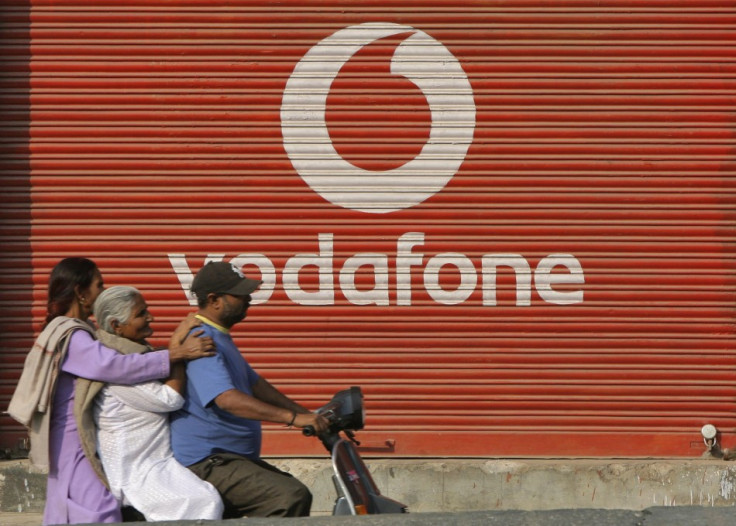Vodafone Considering Next Move Over India’s Retrospective Tax Proposal

Vodafone Group Plc is "urgently" considering its course of action following a budget proposal by India to retrospectively tax overseas transactions involving local assets.
The group, the country's largest overseas corporate investor, added its voice to outraged international trade associations by branding finance minister Pranab Mukherjee's proposal "grossly unjust".
"We are urgently considering a number of courses of action, both in India and Internationally, in consultation with our advisors and we continue to discuss these issues with a wide range of shareholders both in India and internationally," the company said.
The proposal would allow Indian authorities to back-date tax claims on overseas deals, which Vodafone claims would contradict a January Supreme Court decision to dismiss a $2.2bn (£1.4bn) tax demand over the group's purchase of Hutchison Whampoa Ltd's mobile assets in 2007.
Vodafone's statement reinforced claims by trade organisations across the world that the proposed amendments had raised "widespread and profound concerns in the minds of international investors".
Vodafone shares rose 1.3% in London trading to change hands at 174.55p per share. Shares in the world's biggest mobile phone group were down 3.8 percent in the first quarter of this year.
The Indian government is fighting against the widest budget defecit among emerging economies and is embroiled in more than £4.9bn of tax disputes with companies.
Asia's third largest economy grew just 6.1 percent in the December quarter, the weakest in nearly three years. Yet companies have warned that the proposal could cause the country to lose "significant ground" as a destination for international investment.
Business lobby groups in the US and UK, claiming to represent more than 250,000 organisations, wrote a letter to Indian prime minister Manmohan Singh protesting the plans.
"The sudden an unprecedented move in the bill has undermined confidence in the policies of the government of India toward foreign investment and taxation and has called into question the very rule of law," the letter claims.
"This is now prompting a widespread reconsideration of the costs and benefits of investing in India."
Signatories to the letter include the US based Business Roundtable, the Confederation of British Industry and Japan Foreign Trade Council.
If the amendment was passed into law, it could also affect the acquisition of Cadbury's Indian business by Kraft Food in 2010 and SABMiller PLC's purchase of Fosters in 2011.
"There appears to be an assumption, often expressed by Indian tax authorities, that India's ability to attract foreign investment is not affected by its taxation policies and practices, This simply is not the case," the letter, also sent to Mukherjee, added.
Indian finance secretary R.S. Gujral claimed the move, which would expand the definition of "royalty" retrospectively to 1976, was merely a clarification of the law, which has struggled with regulatory uncertainty.
© Copyright IBTimes 2025. All rights reserved.





















